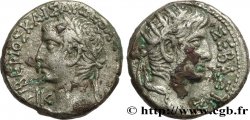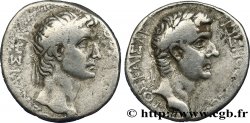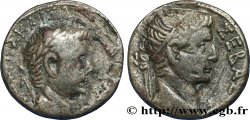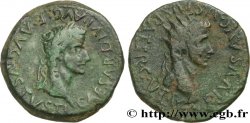E-auction 245-168398 - bpv_451064 - AUGUSTUS and TIBERIUS As
You must signin and be an approved bidder to bid, LOGIN TO BID. Accounts are subject to approval and the approval process takes place within 48 hours. Do not wait until the day a sale closes to register. Clicking on « bid » constitutes acceptance of the terms of use of cgb.fr private e-auctions.
Bids must be placed in whole Euro amounts only. The sale will start closing at the time stated on the item description; any bids received at the site after the closing time will not be executed. Transmission times may vary and bids could be rejected if you wait until the last second. For further information ckeck the E-auctions F.A.Q.
NO BUYER'S FEE.
NO BUYER'S FEE.
| Estimate : | 100 € |
| Price : | 34 € |
| Maximum bid : | 35 € |
| End of the sale : | 25 December 2017 15:05:00 |
| bidders : | 7 bidders |
Type : As
Date: après 15
Mint name / Town : Tarraco, Tarraconnaise
Metal : copper
Diameter : 24 mm
Orientation dies : 12 h.
Weight : 7,99 g.
Rarity : R1
Coments on the condition:
Exemplaire sur un petit flan irrégulier à l’usure importante, lisible et identifiable. Patine marron foncé
Obverse
Obverse legend : TI CAESAR DIVI AVG F AVGVSTVS.
Obverse description : Tête nue de Tibère à droite (O*).
Obverse translation : “Tiberius Cæsar Divi Augustu Filius Augustus”, (Tibère césar fils du divin Auguste, auguste”.
Reverse
Reverse legend : DIVVS AVGVSTVS PATER C V T TAR.
Reverse description : Tête radiée d’Auguste à droite (O).
Commentary
Pour ce type, les auteurs du RPC ont recensé 97 exemplaires avec un poids moyen de 8,93 g. Poids léger.







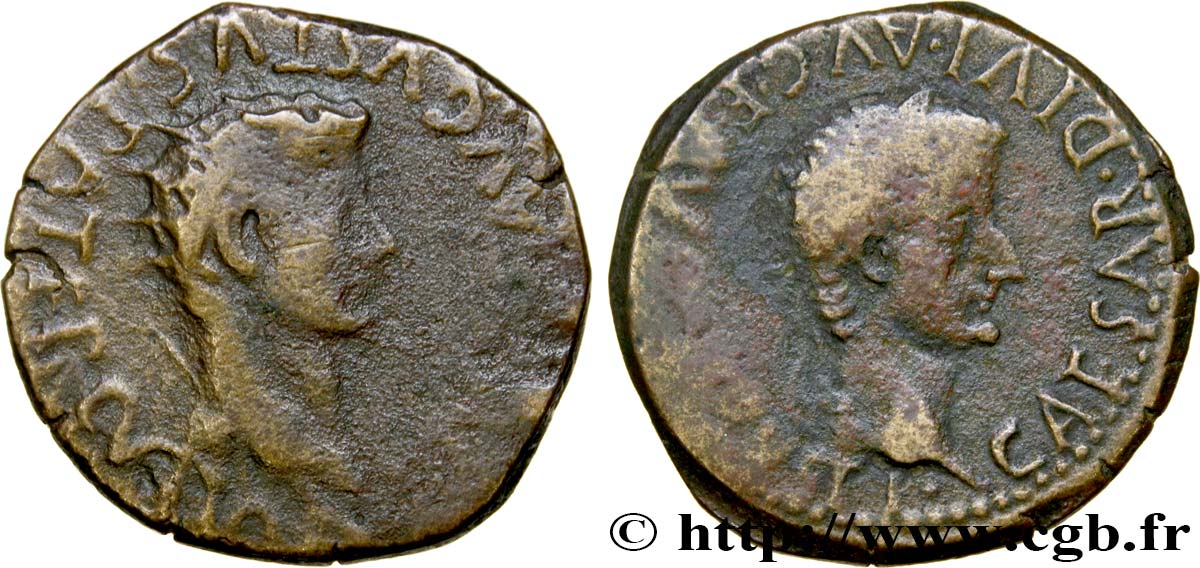
 Report a mistake
Report a mistake Print the page
Print the page Share my selection
Share my selection Ask a question
Ask a question Consign / sell
Consign / sell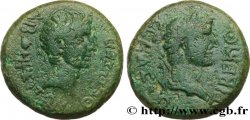
 Full data
Full data
